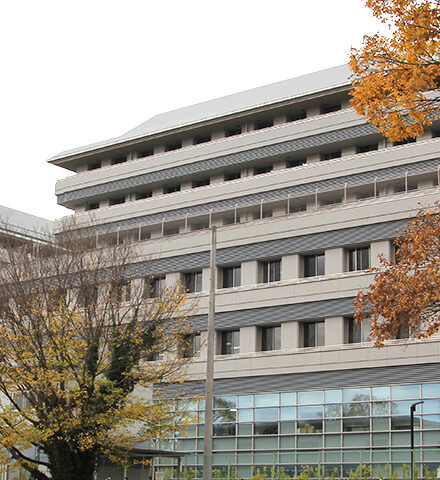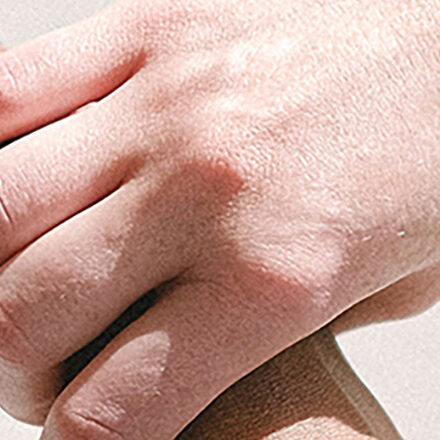English page
ENGLISH PAGE
Our mission
To promote appropriate practice of radiology and to ensure continuous quality improvement in healthcare.
JCR News
Call for donations for the Noto Peninsula earthquake on January 1st, 2024
JCR statement on appropriate workload of radiologists (Updated on March 24,2022)
JCR statement on our support for Ukraine (Updated on March 11,2022)
Reply from MSR to the message from JCR to the people of Myanmar (Updated on March 10,2021)
Message from JCR to the people of Myanmar (Updated on March 3, 2021)
JCR Goals and Strategies
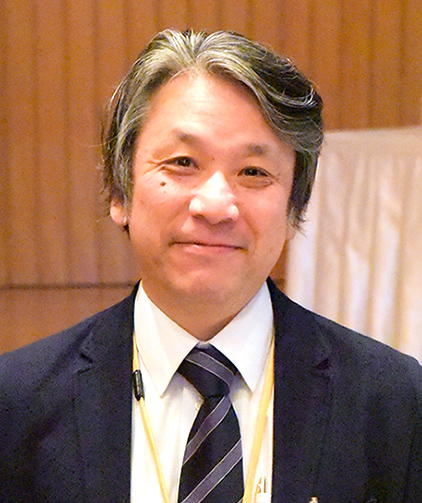
Kei Yamada President of JCR
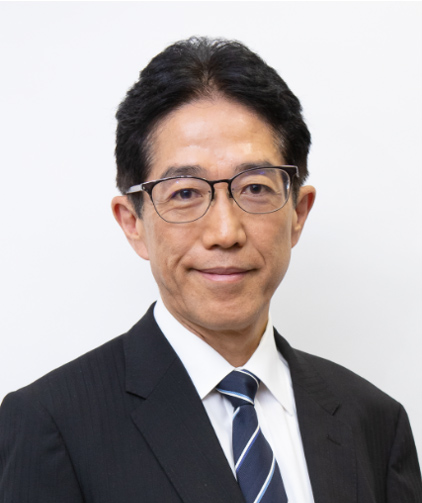
Hiroshi Onishi Vice-president of JCR
The Japanese College of Radiology (JCR) is a professional membership organization serving over 5,000 members, including diagnostic radiologists, interventional radiologists, nuclear medicine and molecular imaging physicians, radiation oncologists and other healthcare professionals in Japan. It was founded in 1973 and has been acting as an ethics-driven, not-for-profit society dedicated to advancing the radiology subspecialty in medicine. The core missions of JCR are to empower radiology professionals, to promote the proper practice of radiology and to ensure the improvement of the public healthcare and well-being. The JCR has various activities that are listed below.
Education
The JCR provides the opportunities of lifelong learning and continuous education. The JCR conducts two large annual seminars, namely the Midsummer and Midwinter seminars. There are also a couple of other annual educational courses for radiology residents and trainees. We also provide the members with educational materials from around the world, e.g. the Japanese version of ACR-BIRADS.
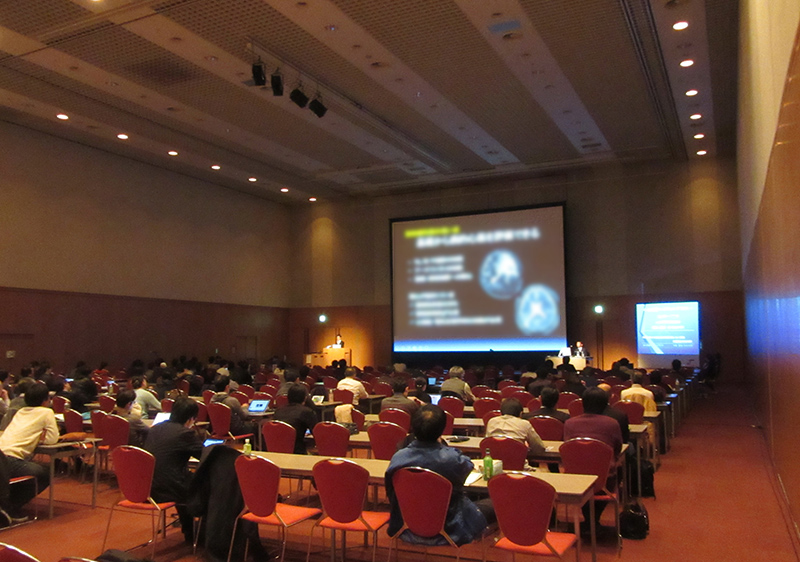

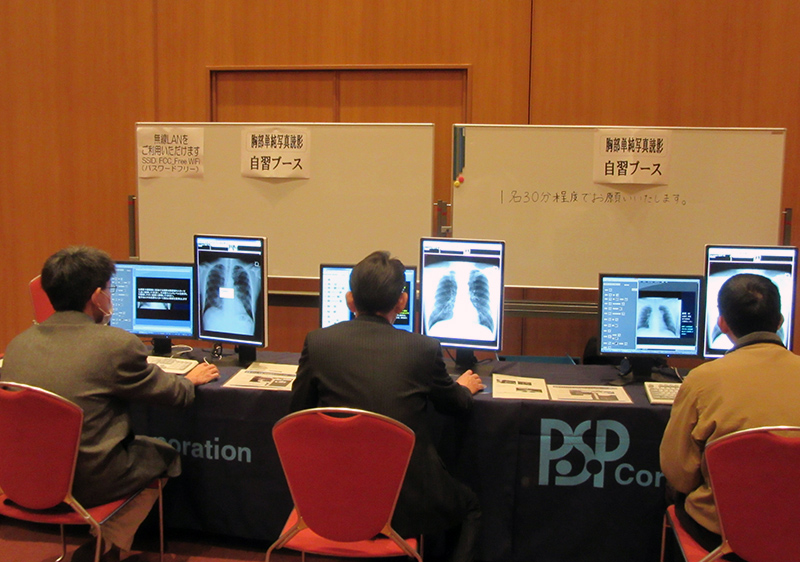
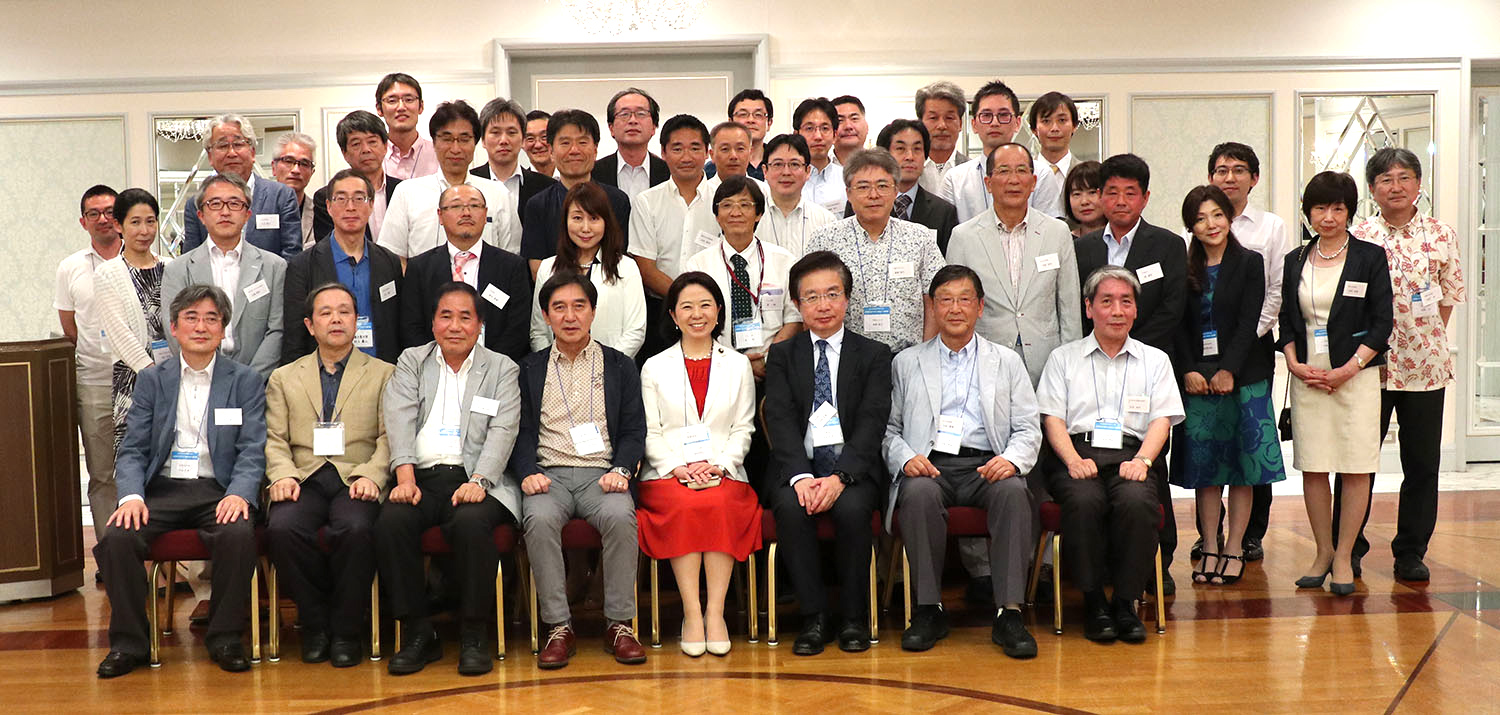
Health Care Policies
The universal health insurance system in Japan has substantially improved the health conditions of our citizens and been able to successfully control the healthcare costs for the past fifty years. The JCR healthcare insurance committee surveys various socioeconomic issues related to the radiological practices and proposes better reimbursement plans. The JCR acts proactively towards the Japanese Government, the Ministry of Health, Labor and Welfare to ensure our professionalism, to advance clinical practice and to deliver patient-centered radiological care.
Member’s Benefits
JCR works in conjunction with the government on the action plans for the “Realization of Work Style Reform.” Long working hours has been an old tradition of Japan, especially for men. This reduces the male participation in housework, and as a result will affect women’s career making. We thus need to improve the working system as a whole. We have focused on the work style of radiologists, so that they can exert their full potential as healthcare professionals, and at the same time fulfill their own life goals. As each one of us has different familial and social backgrounds, the JCR will propose reforms that would achieve a better balance between work and life.
The JCR holds a couple of annual symposia as a part of the member’s benefit, which are known as “JCR Hour.” The aims of these meetings are to discuss radiology practices and/or socioeconomic issues.
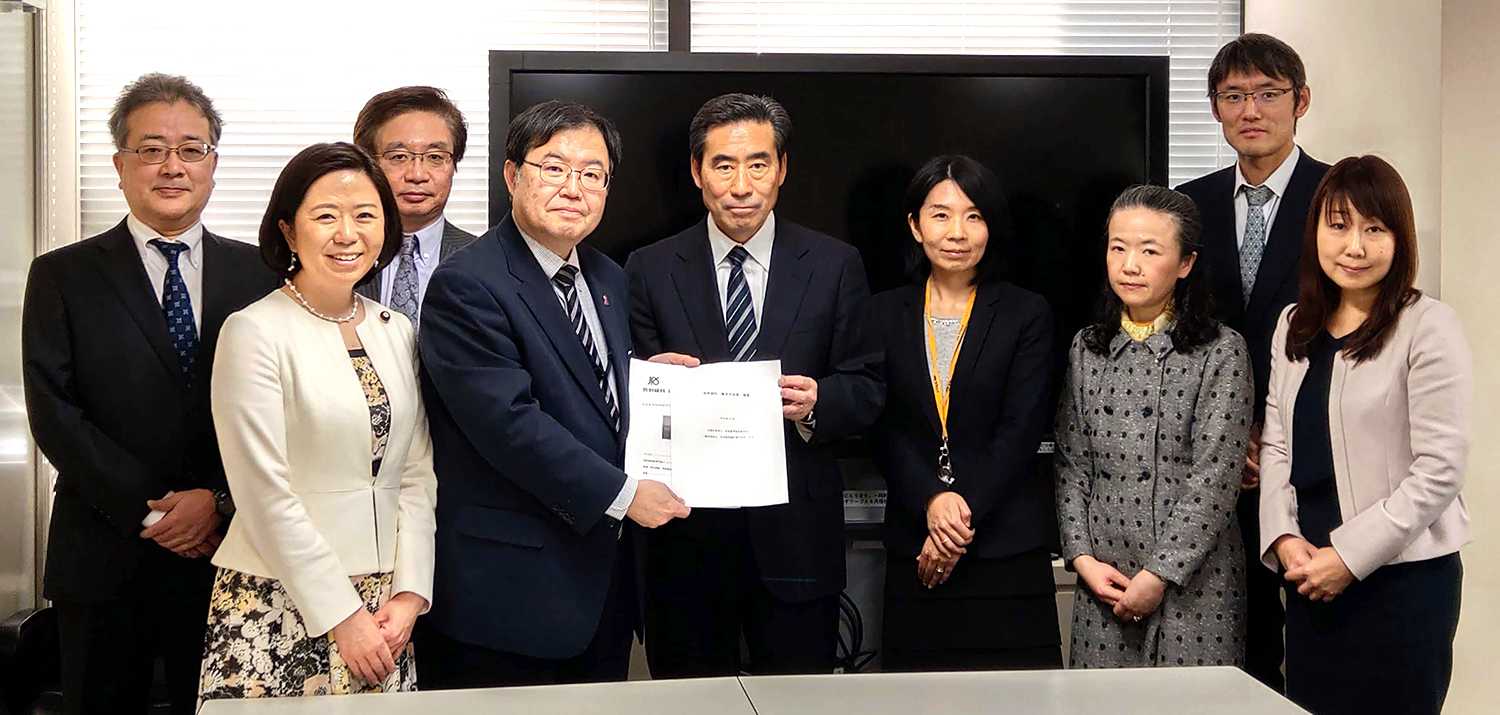
JCR News
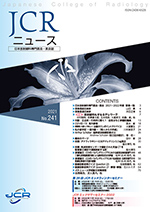 The JCR issues several bulletins every year, known as “JCR News.” These are published every two to three months and each volume contains various articles,such as news on radiology issues, essays from the members, job information, quiz cases,activities of JCR chancellors and programs of the seminars.
The JCR issues several bulletins every year, known as “JCR News.” These are published every two to three months and each volume contains various articles,such as news on radiology issues, essays from the members, job information, quiz cases,activities of JCR chancellors and programs of the seminars.
JCR International Relations
The JCR makes the utmost effort in contributing to the international societies and communities. We have strong relationships with various organizations, such as the American College of Radiology (ACR), Mongolian Radiological Society (MRS), Balkan Society of Radiology (BSR) and a few other smaller groups of radiologists.
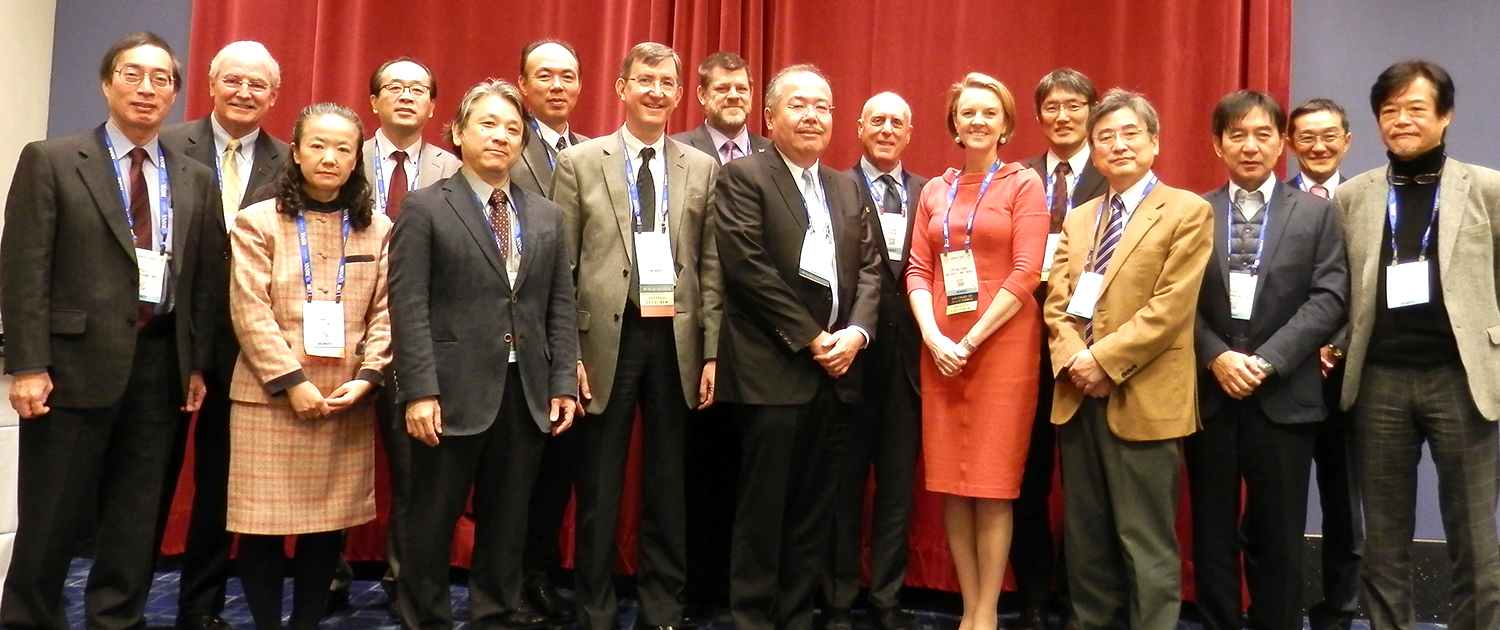
JCR Accreditation System
The JCR has launched an accreditation system. This project started from distributing a survey to the teaching hospitals throughout the country. The survey enables scoring of the levels of clinical practice at each hospital. Site visits to these hospitals has started in 2020.
 Image diagnosis function evaluation certificate.
Image diagnosis function evaluation certificate. Image diagnosis function evaluation certificate.
Image diagnosis function evaluation certificate.


